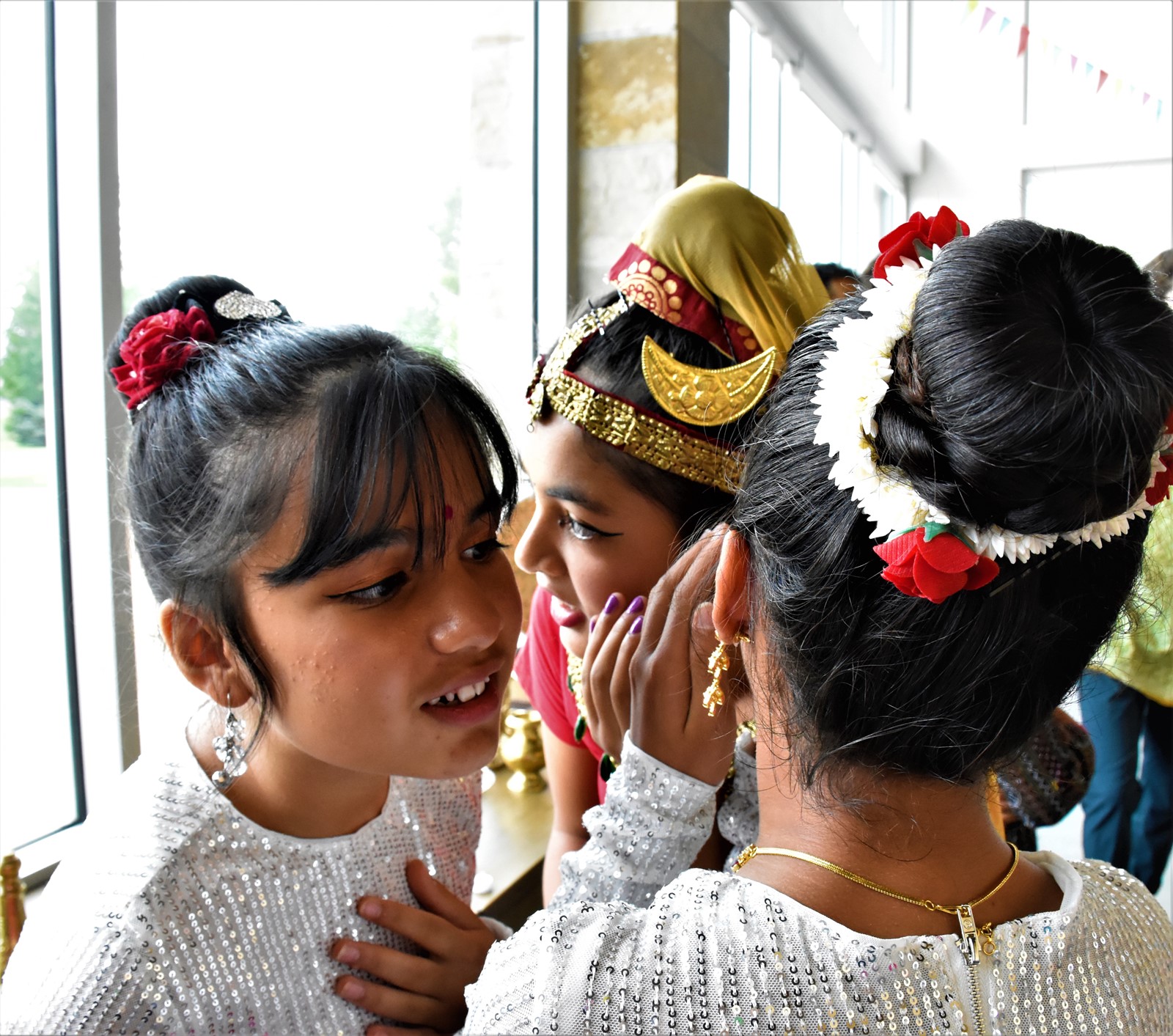
Say you woke up this morning and thought it was about time to finally experience the beauty and splendor of traditional Nepalese culture.
To pull this off, a Coloradan would first have to make the 7,722-mile trek from Denver International Airport to Kathmandu. But for those of us who don’t have a privilege club account with Qatar Airlines, hopping on a 23-plus hour-long flight might be a little bit impractical to pull off for a last-minute weekend getaway.
Luckily, one Longmont resident decided to do all of us a favor and bring Nepal to Colorado, making it a little bit easier to immerse yourself in the vibrant traditions of a Nepalese “jatra” (Nepalese word for “festival”) without having to pack a lumpy neck pillow.
On Saturday, Nepali Jatra — an event celebrating traditional Nepali culture and heritage — returns to downtown Longmont for its third year.
Nepali Jatra was launched by founder Sunanda Dangol. Dangol, a native of Nepal and a Colorado transplant, found that there was a gap in the local cultural landscape.
“We have so many Nepalese people living in Longmont and Boulder County,” Dangol said. “Whenever I went to events around the Front Range, I always found myself wishing that we were represented, too.”
In 2022, the first Nepali Jatra was held at the Longmont Museum, and hundreds of community members showed up for the event.
Last year, the event had become so wildly popular that people were overflowing outside of the Longmont Museum with more than 500 people attending. This year, organizers decided to move the festival to 4th Avenue and Kimbark Street, just outside of the Longmont Public Library, so that even more people could partake in the multi-cultural magic.
At 5 p.m. Saturday, the festival will begin in earnest, with a lineup of performances, including traditional Newari, Sherpa and Lakhe dances. There will be music featuring a fusion of traditional Nepali folk music and contemporary sounds. Regional bites, from authentic Momo dumplings to Samebaji platters, will be served up. The jarta will also roll in the arts, crafts and storytelling sessions.
“Nepal is a very diverse country,” Dangol said. “Each community has its own language, its own food, its own clothing, and its own traditions. My idea was to bring this diversity within Nepal and serve it up on one platform. Yes, we are all Nepalese, but I wanted to show off all of the different cultures that are within Nepalese culture.”
This year’s festival will also recognize and honor two luminaries in the Nepalese community — Hiranya Bhojpure and Urmila Shrestha — for their contributions to Nepali music, art and literature.
“Their lifelong dedication to their craft and their significant impact on the cultural heritage of Nepal is truly commendable,” Dangol said.
“We are honored to recognize and celebrate their remarkable achievements. It’s so important to recognize and nurture artists in our culture, because every day, there seem to be less and less of us that are making art.
“By honoring some of the artists in our community, we hope to encourage the younger generations to pursue careers in the arts.”
By participating in the Nepali Jatra, attendees can gain a deeper appreciation of Nepali culture, traditions and values.
Such events help preserve cultural heritage and ensure that the rich traditions of Nepal are celebrated and passed down to future generations.
Overall, Dangol hopes the festival will continue to be a beacon of inclusivity and respect for diversity within the Front Range, providing rich opportunities for cultural exchange and education.
“We hope that people from all walks of life, whether Nepalese or not, will join us to experience and share our culture. It’s a chance to connect with our neighbors and celebrate the beauty of Nepal, and we are proud to share it.” Dangol said.
For more information on Nepali Jatra, and to register for the pre-festival movie, visit nepalijatra.org.


 PREVIOUS ARTICLE
PREVIOUS ARTICLE
